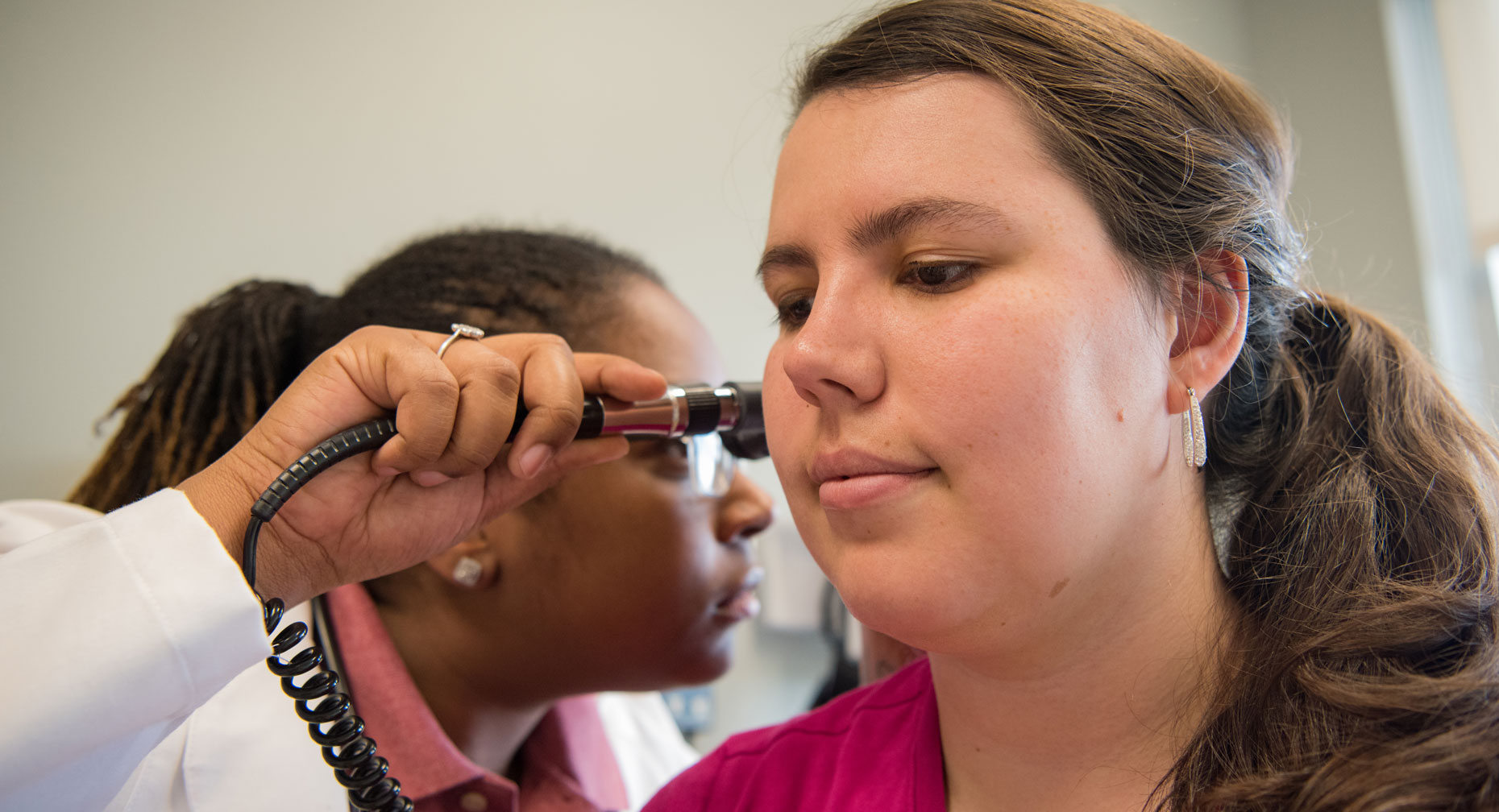Antibiotics: 5 Truths You Can’t Ignore

Answer a few questions and we'll provide you with a list of primary care providers that best fit your needs.
When you’re feeling miserable and bacteria are wreaking havoc on your body, are antibiotics a good idea to help you feel better?
The first antibiotic — penicillin — was discovered nearly a century ago. It was hailed as one of the greatest breakthroughs in the history of medicine.
By the mid-1940s, antibiotics (also known as antimicrobials) were being mass produced. Soon, they became the “magic pill” used to treat bacterial infections that had devastated previous generations.
But as usage increased, something interesting began to happen. Some of the bacteria that antibiotics were supposed to kill adapted and grew stronger, resisting the power of some antibiotics.
According to the Centers for Disease Control and Prevention (CDC), antibiotic resistance is a growing problem worldwide, due mainly to the overuse and misuse of antibiotics.
Don't pressure your doctor to give you an antibiotic. The more you use antibiotics, the more likely bacteria will develop a resistance.
So, what do you do when you’re sick? To help you decide, keep in mind these important facts:
1. Antibiotics Fight Bacteria
Antibiotics are drugs that fight infections caused by bacteria, either by killing them or keeping them from multiplying.
2. Bacteria And Viruses Are Not the Same Thing
Bacteria are single-celled organisms found inside and outside of our bodies. Some are actually good for us, like most of the bacteria found in our intestines. “Bad” bacteria, however, can cause diseases like strep throat, urinary tract infections, and wound infections.
Viruses are a different kind of organism, and affect the body differently than bacteria.
3. Antibiotics DO NOT Work On Viruses
Many common infections are caused by viruses, not bacteria, and antibiotics have no effect on them. If you have one of the following, your doctor is unlikely to prescribe an antibiotic for you:
- Colds
- Flu
- Sore throats (except strep throat)
- Most coughs and bronchitis (“chest colds”)
- Many sinus infections
- Many ear infections
- Symptoms caused by allergies (sneezing, a runny nose, itchy or watery eyes, or a sore throat)
Family physician Anoopa Hodges, DO, explains how antibiotics work and why they are prescribed.
Click play to watch the video or read video transcript.
Learn more about bacterial and viral infections.
4. Bacteria Are Outsmarting Antibiotics
Over time, bacteria have adapted to antibiotics. This has enabled the bacteria to resist the medicine that was originally developed to kill them or stop them from multiplying. Instead, the adapted bacteria survive and continue to multiply, causing more harm.
These resistant bacteria can spread to other people, and cause infections that some antibiotics cannot cure. Methicillin-resistant staphylococcus aureus (MRSA) is just one example of a new breed of “super bugs” that are resistant to several common antibiotics. Worse yet, a few kinds of bacteria are now resistant to all antibiotics.
Bacteria that are resistant to one antibiotic can sometimes be treated with other antibiotics. Some of these other medicines may have to be given intravenously (through a vein) in a hospital.
5. You Can Help Fight Antibiotic Resistance
Below are some tips on helping to prevent antibiotic resistance:
- Don't use antibiotics for viruses.
- Don't pressure your doctor to give you an antibiotic. The more you use antibiotics, the more likely bacteria will develop a resistance.
- When your doctor prescribes antibiotics, use the entire prescription, even if you feel better. If you stop treatment too soon, some bacteria may survive and re-infect you.
- Don't take antibiotics that weren’t prescribed for you.
- If, for whatever reason, you have leftover antibiotics from a previous illness lying around, do not take them unless your doctor tells you it’s okay.
- Practice good hygiene, like washing your hands. This will lessen the risk of infection and the need for antibiotics.
Answer a few questions and we'll provide you with a list of primary care providers that best fit your needs.
Source: MedlinePlus; American Academy of Family Practitioners/FamilyDoctor.org; Centers for Disease Control; Anoopa Hodges, DO, Belmont Physicians






